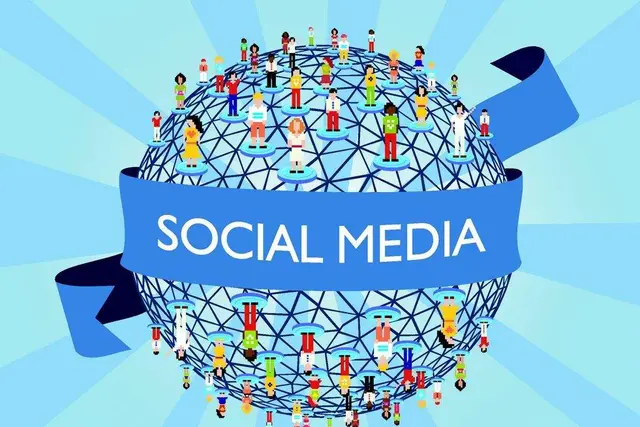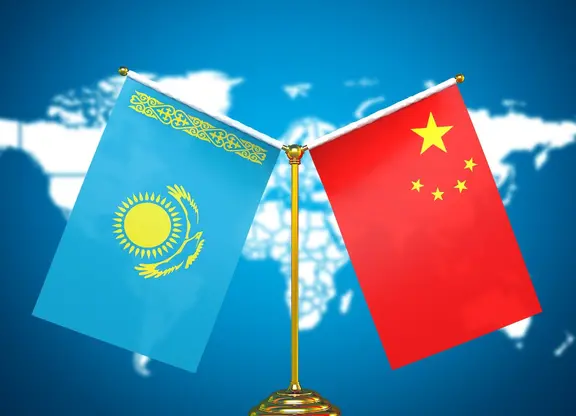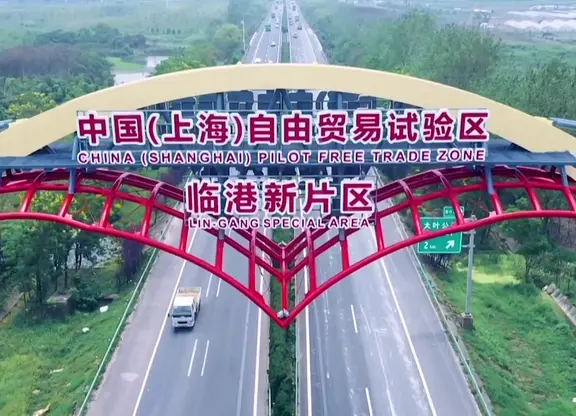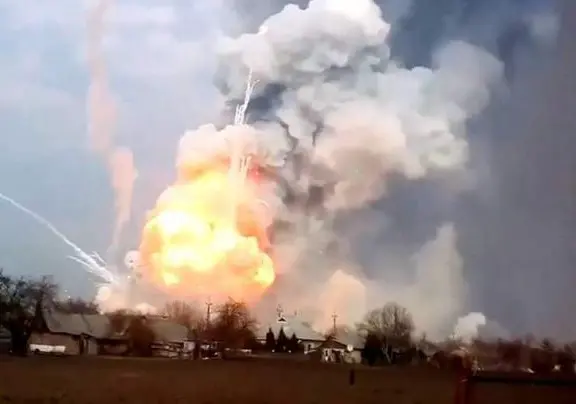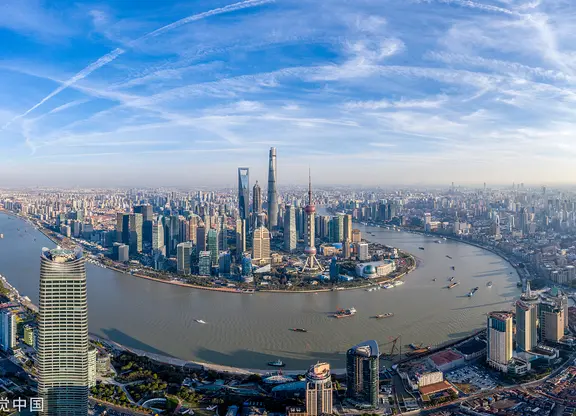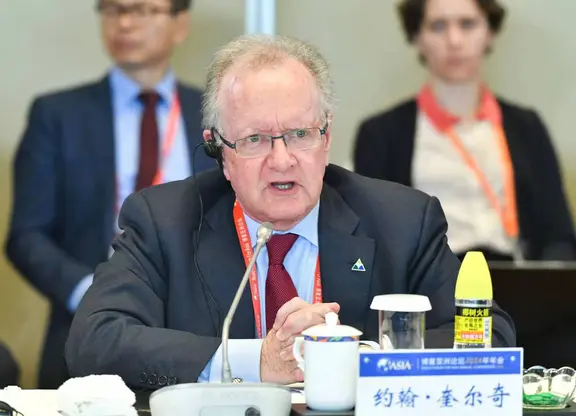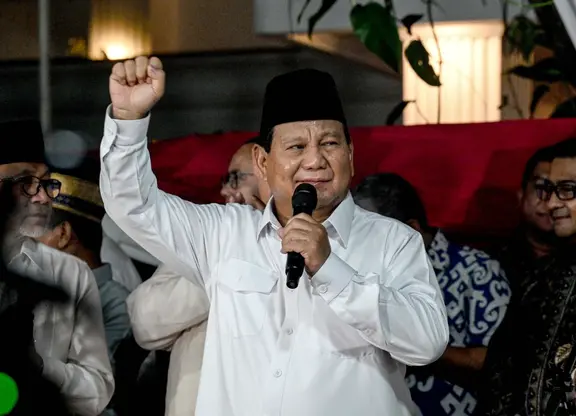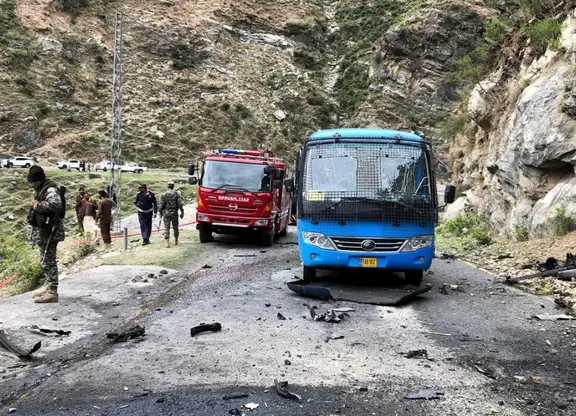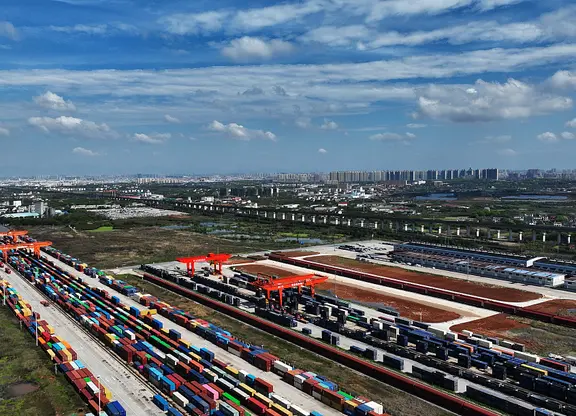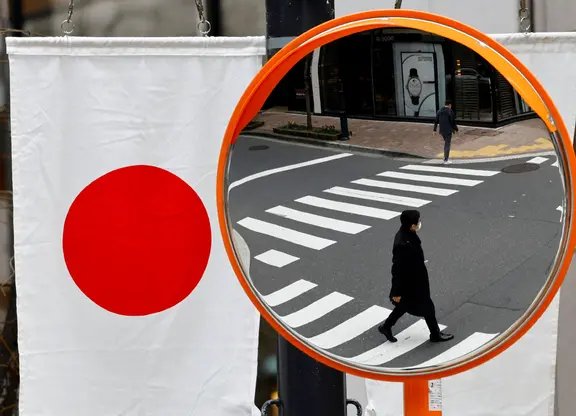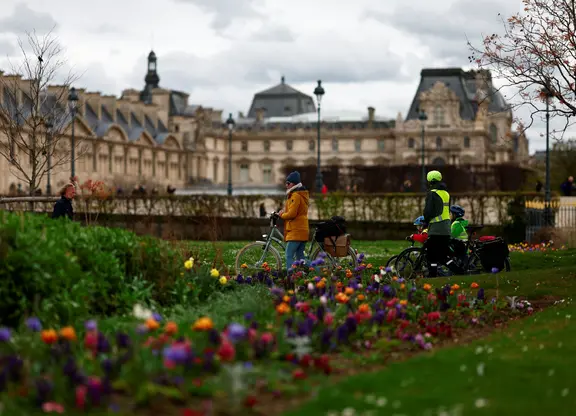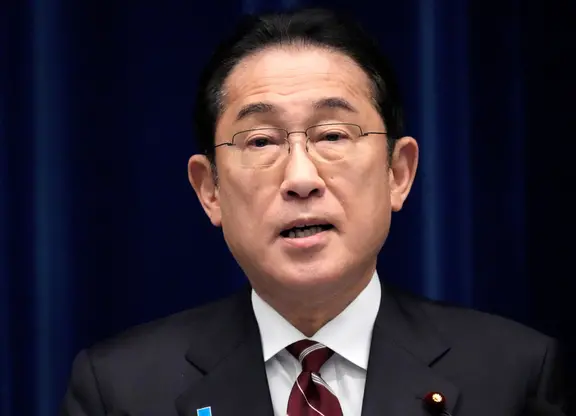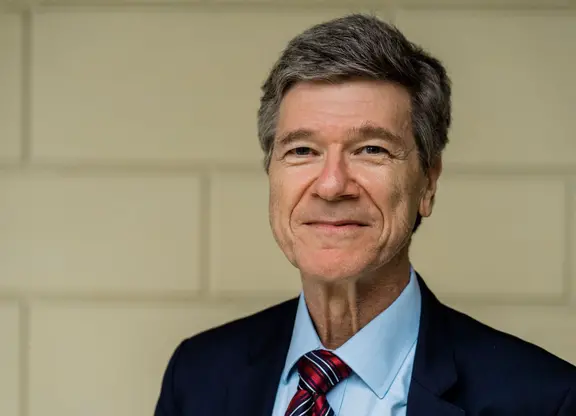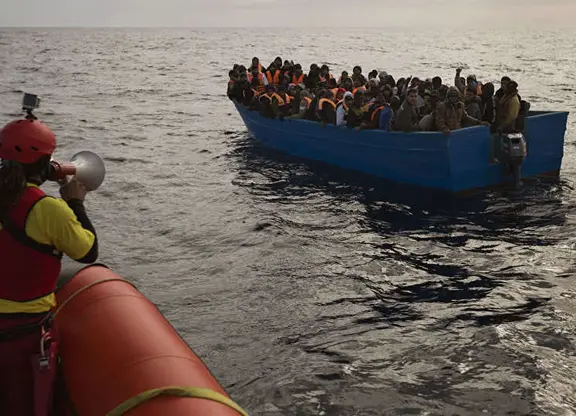Author: Prof. Engr. Zamir Ahmed Awan, Sinologist (ex-Diplomat), Editor, Analyst, Non-Resident Fellow of CCG (Center for China and Globalization). (E-mail: [email protected]).
By definition, free media is ensured in a democracy. Freedom of expression and free media is a vital ingredients of true democracy. However, many countries have some restrictions on media. Some times. It is forbidden to express derogatory remarks on religion, and sometimes, humiliating remarks to leaders and politicians are restricted. Respect for individuals, religion, race, ethnicity, culture, etc., is required to be respected. To some extent, restriction on media is acceptable. Almost, all countries in the world are implementing media policies, with somehow censorship.
Internet is the basic source of the flow of information, with the development of technology, one can access the latest information on his or her smartphone anytime, anywhere, on any subject. Many countries block some of the websites harmful to that country. Like, in the Muslim world, sites promoting sex are usually banned, whereas, in other countries, propagating hate is banned, and few countries ban propagating certain undesired political ideology are banned.
As long as, the censorship is aimed at positive and protection of the state and public is encouraged. But, few countries are using curb on media as a political tool to achieve their evil motives. Which is a harmful practice and should be condemned.
India used to be known as the largest democracy and secular state, has crossed the world records, with over 100 Internet Shutdowns Imposed in India in 2021 – The Most in the World. After India, Myanmar imposed the highest total number of shutdowns in 2021, with 15 disruptions, followed by Sudan and Iran with five shutdowns in each country.
Indian authorities blocked or disrupted Internet access at least 106 times in 2021, making it the world’s biggest offender for the fourth straight year, according to a new report released by digital rights advocacy group Access Now.
Data compiled for the report also shows that governments across the world imposed Internet shutdowns some 182 times in total in 34 countries, a slight uptick compared to at least 159 shutdowns in 29 countries in 2020.
“After India, Myanmar imposed the highest total number of shutdowns in 2021, with 15 disruptions, followed by Sudan and Iran with five shutdowns in each country. Over the past five years, our documentation shows that authorities have increasingly moved to disrupt the Internet during events that affect the country’s political situation, such as elections, and protests,” the report notes.
“With a gradual return to normalcy following the outbreak of the global COVID-19 pandemic, we saw a dramatic resurgence of Internet shutdowns in 2021…Following trends we’ve seen developing for years, in 2021 governments imposed both prolonged and increasingly targeted Internet shutdowns, and relied on many of the same justifications for deploying these inherently disproportionate and drastic measures.”
Access Now also notes that it is possible that its report misses “some network disruptions” in India due to a lack of “government transparency”.
This, the report adds, is a result of the Union government’s reluctance to create and maintain a “centralized repository of data” on the shutdowns that authorities order across the country.
“This represents a failure to meet the requirements of the 2017 Suspension Rules and the Supreme Court order backing them. The lack of a centralized repository continues to make it difficult for civil society and other actors to effectively monitor and document shutdowns, and some are likely to go unreported,” the report notes.
While civil society stakeholders and digital rights experts have long pointed out how Internet shutdowns often mask the inability of the Indian state in dealing with law enforcement issues, there is an unspoken economic cost. A 2016 analysis by Brookings Institution found that Internet shutdowns cost India nearly $1 billion in 2015-16, the largest loss among 19 countries that were part of its assessment exercise.
Since the extremist groups formed the Government in India, they have taken several unpopular decisions, harassing minorities and promoting hate and division in the society. Curb on media, harassing journalists, abduction of media persons, draconian laws implemented on media, etc., are very common in India. Indian secular status and democracy have been questioned internationally. There is huge pressure on the BJP government to respect human rights, follow democratic values, and implement freedom of expression and flow of information smoothly. Especially, its treatment of minorities and religious freedom should be improved.
(ASIA PACIFIC DAILY)
 简体中文
简体中文

